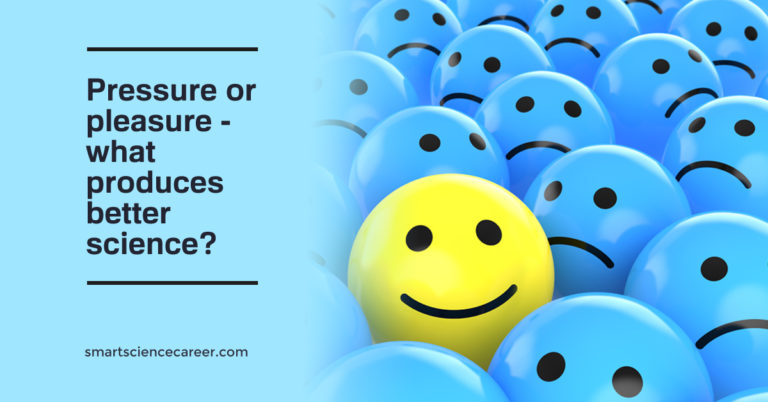Should i aim for many coauthorships to extend my publication list
Young scientists often think that a long publication list is crucial for an academic career, and that obtaining multiple co-authorships is a clever strategy to make their publication list longer. Is this true?





